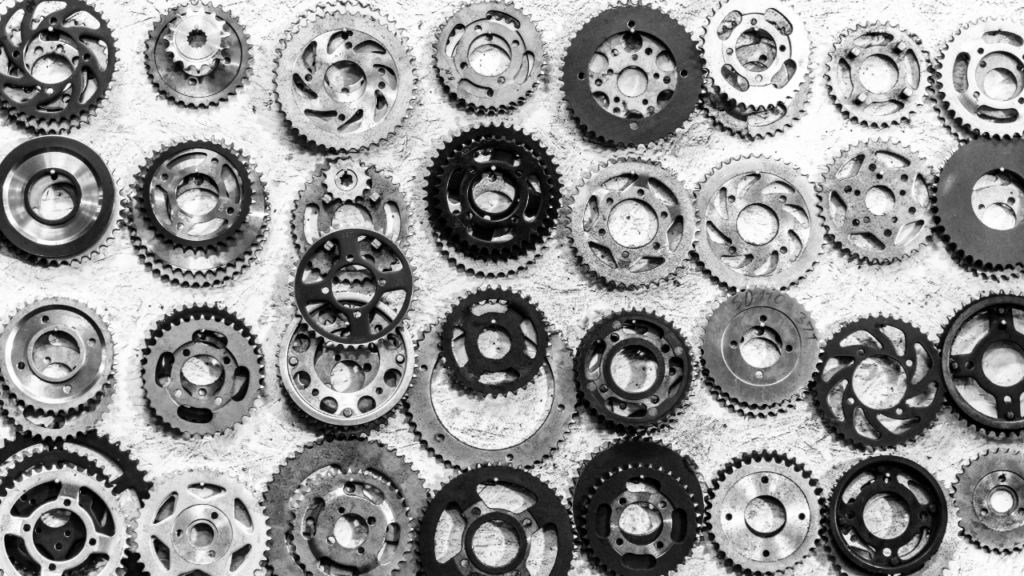
RPM Method + RCM = Reliability
Picture this: It’s Monday morning and you’re the maintenance manager of an industrial plant. On your desk is a printout of 432 open work orders and the operations manager is screaming because air compressor #2 just tripped for the third time this month. To make matters worse, you just remembered two of your technicians went fishing for the week. The question is: “What can this maintenance manager do to improve this situation?” The obvious answer is to go fishing with the two technicians. Maybe a better question to ask is: “What can be done to improve plant performance?”











